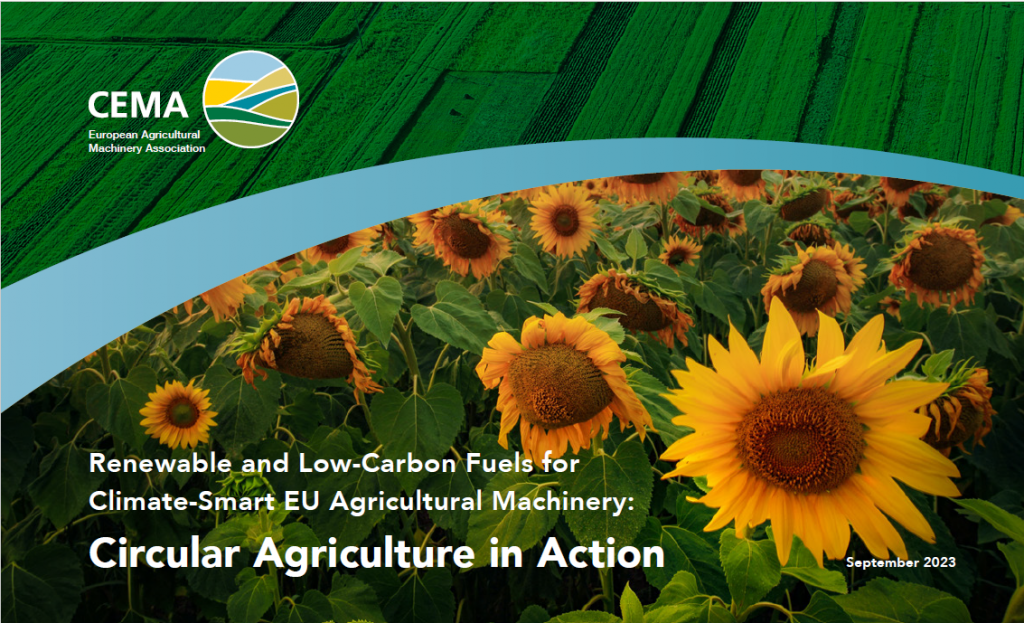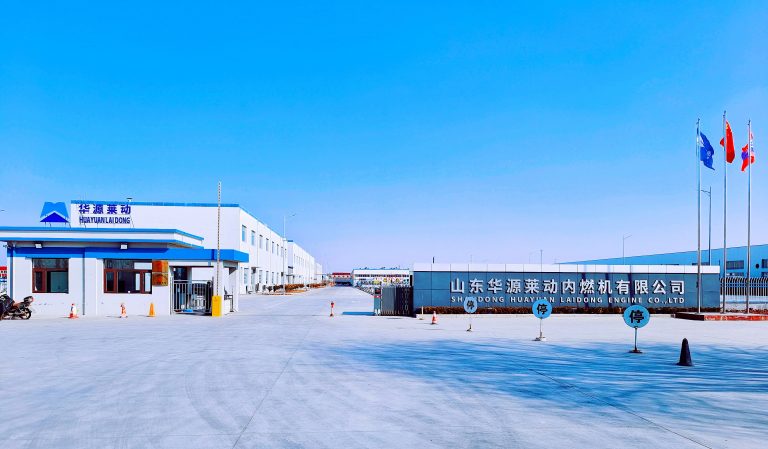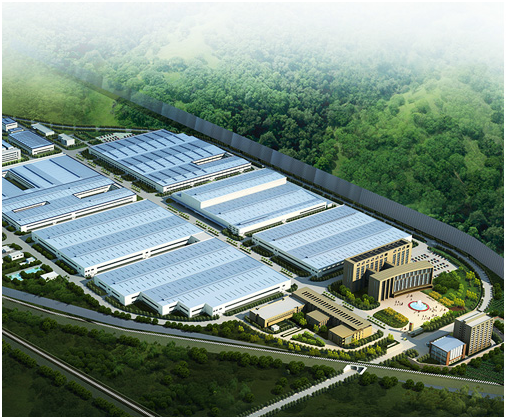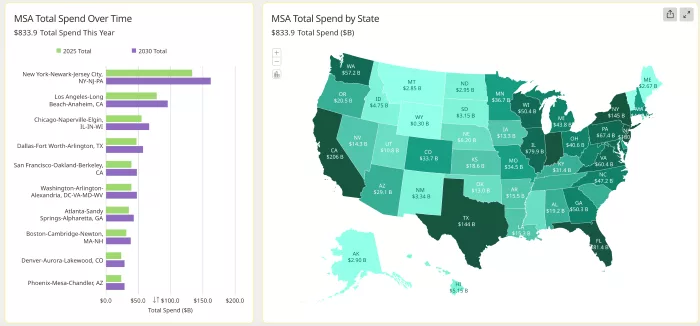All undersigned business associations believe that an ambitious and open trade policy is essential to supporting the EU’s competitiveness.
Trade openness drives economic growth and job creation, with 1 in 5 EU jobs relying on exports.
It benefits consumers by increasing choices, with 60% of Europeans acknowledging these advantages, and attracts foreign investments, fostering growth and innovation in the EU. Additionally, diversification in sourcing and exports enhances resilience and our ability to weather and overcome crises.
These figures underscore the importance of maintaining openness and growth as the core elements of the EU’s trade policy. This requires a very conscious and deliberate prioritisation of policies aimed at opening new and diversified markets through trade agreements and reduced technical barriers to trade.
Our thoughts for a successful EU trade policy for the next institutional cycle are detailed in the attached joint statement that we collectively endorse.
In short, a successful EU trade policy must focus on a number of critical areas, including:
Strengthening the openness pillar of EU trade policy by pursuing new and renewed trade agreements and improving market access.
Having a dedicated trade commissioner for this exclusive EU competence.
Continuing to support the WTO and the international rules-based system to ensure a fair and predictable trade environment.
Increasing cooperation with third country partners and deploying trade diplomacy to support an ambitious open trade policy.
EU Business Joint Declaration
Championing Open Trade for a Prosperous Future
We, the undersigned European associations representing companies involved in both trade in goods and services, call for an ambitious EU trade policy with a strong openness and market access pilar, to boost EU exports and competitiveness, support growth and jobs creation and provide for diversification and greater supply chain resilience. This should lead to trade facilitation and a lowering of market access barriers for both exports and imports.
Collectively, we reiterate that trade openness is an engine of economic growth and jobs for the EU. 1 in 5 jobs in the EU depend on EU exports to third countries alone (1) equivalent to 38 million jobs, up two thirds from 2000 (2) This increase was concomitant with a sharp progression in the percentage of the EU GDP represented by trade (3). We also want to stress the links between exports and imports, especially for commodities which may be in short supply in Europe (4) In addition, trade also benefits consumers, through increased choice. Hence, the value of trade for citizens was recognised in a recent Eurobarometer survey, which showed that 6 in 10 Europeans believe that they benefit from international trade (5). Moreover, we want to emphasise the importance of the link between foreign direct investment and trade. EU trade policy does not only open markets for our companies abroad but can also attract investments in the EU, contributing to growth, innovation and jobs.
Furthermore, open trade is also a powerful factor of resilience. Amidst the growing focus on economic security, we reiterate that most trade does not pose a security threat. We also stress that diversification for both sourcing options and exports is the best way of increasing our collective resilience, as demonstrated during recent crises, such as the global pandemic and the war in Ukraine. We therefore call for a greater balance between strategic autonomy – which has taken precedence in the last EU term – and openness, with a stronger open trade and market access pilar, focused on both traditional and potential trade partners.
We call for a strong, dedicated trade commissioner, at the helm of a reinforced Directorate General for Trade, with more resources targeted on facilitating trade negotiations and improving market access (including enforcement of commitments by third countries at bi-lateral and multilateral levels). Given the strategic
importance of trade for Europe’s competitiveness, we call on the next trade commissioner to play a significant role in a future Commissioner’s group on Europe’s competitiveness. Moreover, improving market access in third countries must be recognised as a key priority for this group and for the European Commission overall.
Promoting and supporting the interests and global competitiveness of European exporting industries should remain a key driver for the next trade commissioner and the European Commission as a whole.
The chief goal of EU trade policy should be to increase market access for all sectors, to support EU business’ competitiveness and resilience. This requires an active and ambitious FTA agenda, to achieve tariff liberalisation, address non-tariff barriers and secure a level-playing field for EU exporters in third countries. We call on the EU to adopt and implement concluded FTAs without delay and to complete all ongoing
negotiations by the end of the next EU cycle.
We should be careful not to overload FTA negotiations with objectives unrelated to trade and to adapt our offers to the specific circumstances of trade partners – without compromising on our market access goals. In this respect, we need more focus on trade implications of EU policies as well as more direct involvement of the
next trade commissioner in the design of policies with a potential trade impact – including autonomous measures focused on sustainability.
We stress the importance of the market access partnership between the European Commission, member states and the private sector and the need to reinforce it to tackle market access barriers more efficiently. We particularly emphasise the importance of forging closer links with EU delegations and national embassies, to
provide more flexible ways for the private sector to be involved and to utilise all tools at the EU’s disposal, from bi-lateral channels to opportunities at multilateral level. These include WTO committees and OECD and WTO accession processes.
The EU market access efforts should focus on all EU offensive interests and take into account the precedents that could be set and the potential of a given market for specific sectors, as well as the economic impact of a market access barrier. The EU should also leverage its development aid and different financial assistance programs, such as Global Gateway, to improve trade and investment flows.
Without replacing FTAs, which continue to be essential components of an ambitious and open trade policy,we recognise the complementary role that more focused instruments can play, particularly in countries and regions that already impose low or no tariffs on EU exports and where there is no medium-term prospect for an FTA. On top of digital and raw materials agreements, we would welcome an emphasis on sectorial agreements where there is a mutual interest from EU and third countries’ sectors. Such sectorial instruments can be helpful to facilitate regulatory cooperation, increase IPR protection and reduce non-tariff barriers provided they are not seen as a replacement for FTAs.
We reaffirm our support for the WTO and its rule book. In many cases, this rule book is the only guarantor for a fair and predictable rules-based environment and for a level-playing field. The EU should continue to defend the relevance of the WTO, to urge all WTO members to fully comply with WTO rules and to push for reforms to secure its continued effectiveness. We stress the importance of the WTO monitoring functions, which increase transparency and predictability for companies and are invaluable tools to promote science-based and evidence-based principles in policy making. We urge the EU and all other WTO members to secure a successful reform of the Dispute Settlement System, to resolve the impasse over the Appellate Body. We call for the successful conclusion of negotiations on the Joint Statement Initiative on E-Commerce and for more focus on plurilateral solutions to facilitate agreements at multilateral level.
Last but not least, we stress the importance of trade diplomacy to prevent and resolve misunderstandings and tensions, as well as market access barriers. In this context, we command and encourage initiatives focused on promotion of EU products, regulatory cooperation and dialogue, and exchange of best practices, which complement other tools in trade policy. We urge the European Commission to make more use of trade missions and other trade diplomacy tools, in close cooperation with the private sector.









